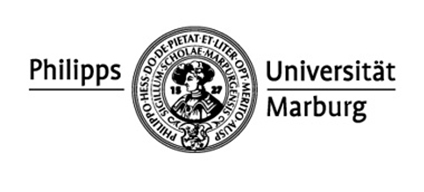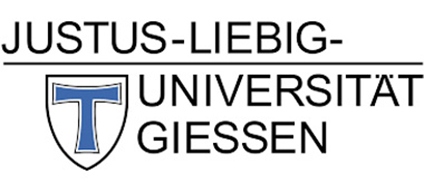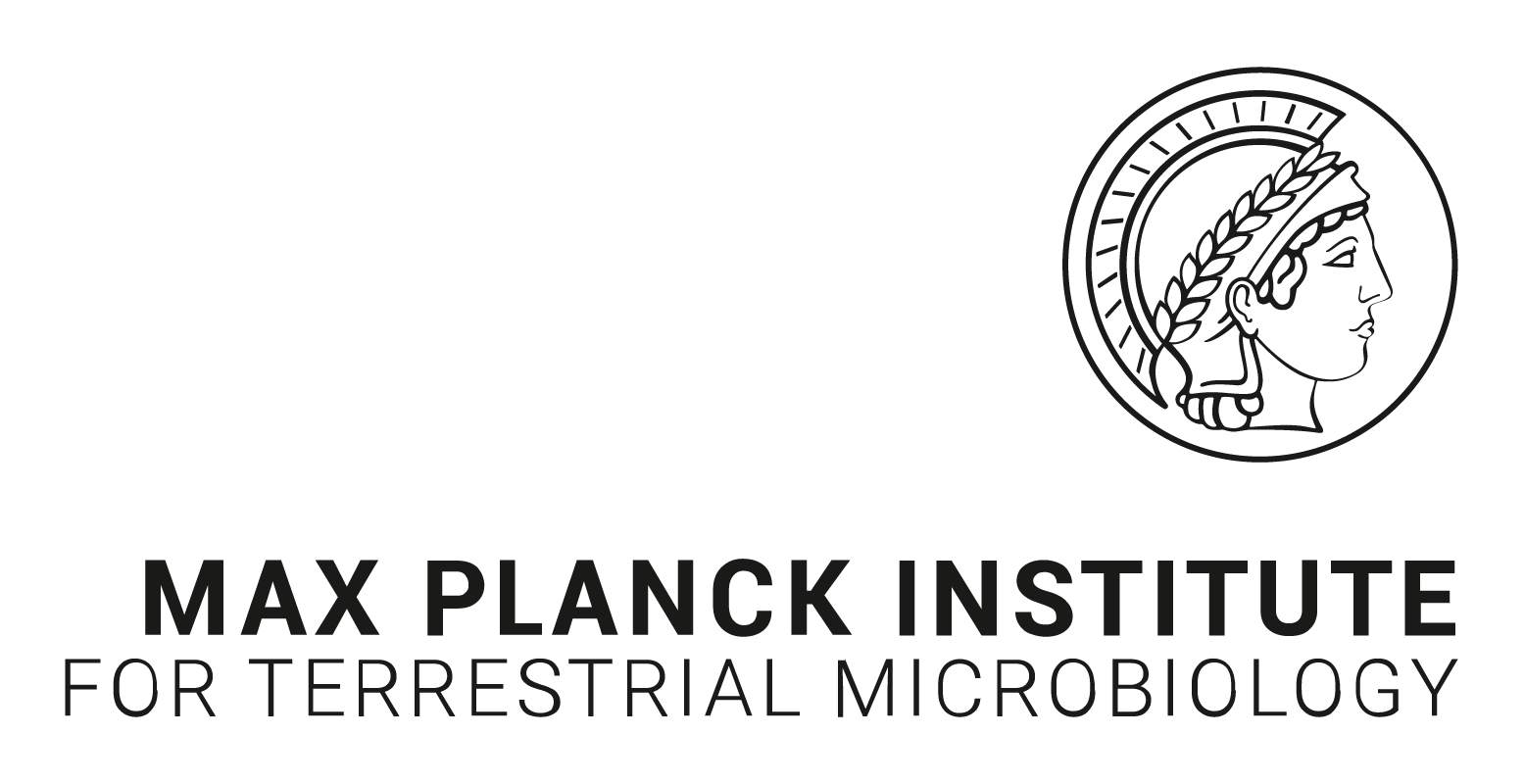Main Content
Goals
Central idea
The interaction of bacteria with each other and with the human host is a central component of regular life functions but also of infection processes. It requires constant regulated adaptation by all actors. This adaptation is controlled mainly by diffusible signals, consisting of a multitude of molecules and signals, which act at the interfaces between eukaryotic and prokaryotic cells and provide the means for physiological communication. Disturbances of this signal exchange can lead to diseases or aggravate them. However, some signals are also immediate part of pathogenicity mechanisms. The diffusible signals at the interfaces thus represent important potential points of attack for prophylaxis and therapy, which are urgently needed due to emerging infectious diseases and increased antibiotic resistance.
Scientific goals
The research cluster has the scientific goal to decipher the diffusible signals at the interfaces of microbe-host interaction under physiological and pathological conditions and to derive medical benefits. For this purpose, multi-resistant gram-negative pathogens were selected as one of the central medical challenges from the perspective of the World Health Organization (WHO), national health systems, and industry. The initiative analyzes the diffusible signals in this clinically very important infection process in an integrative manner and with approaches from medicine, bacterial and host biology as well as with the use of bioinformatics and artificial intelligence. The results are to be integrated into an overall picture, which will be helpful to develop and preclinically test medically useful strategies. This approach is currently unique, even beyond Germany. "Diffusible Signals" successfully combines the complementary research areas of microbiology and infection biology.
Networking





